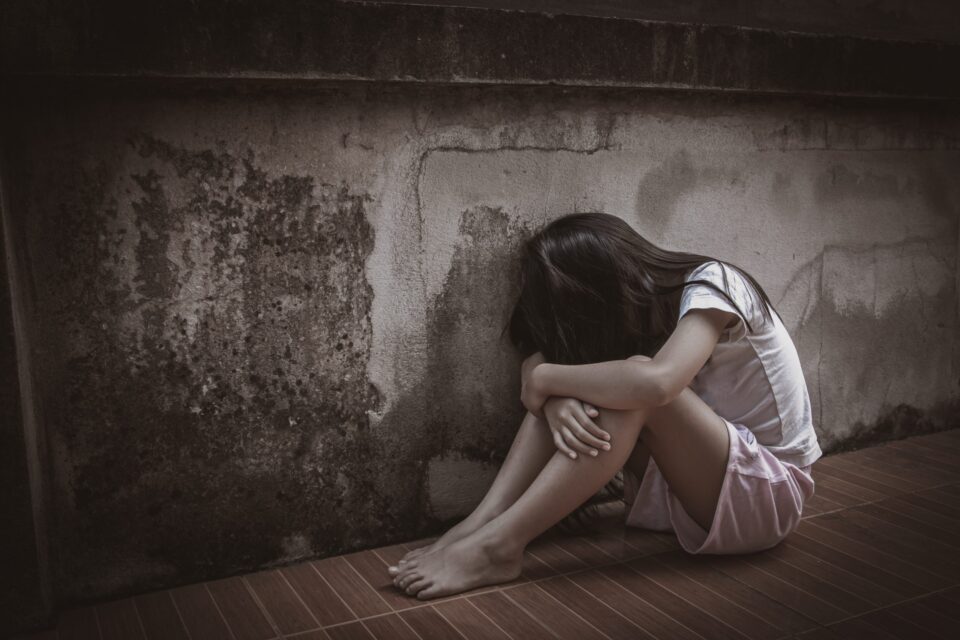The coronavirus pandemic has provided both cover and opportunity for Thailand’s sex traffickers, who continue to prey on poor, migrant and hilltribe women.
The arrest of three Thai men accused of trafficking northern women into prostitution to the Sultanate of Brunei last week highlighted the risks that underprivileged women in Thailand face as they try to survive the coronavirus recession.
Two of the three locals are brothers, ages 49 and 55, and are accused of having sent several women to Brunei, a tiny but wealthy Muslim nation with fewer than half a million inhabitants on the island of Borneo.
The men tricked the women into going to Brunei last year by telling them they would work as masseuses for high salaries whereas their actual jobs involved providing sexual services, according to officers at the police’s Anti-Trafficking in Persons Division.
Two of the alleged victims contacted the Thai embassy in Brunei last year, saying they had been forced into working as prostitutes in degrading conditions in the sultanate and had been prevented from returning to Thailand.
The three Thai men have denied the charges. Two Thai women were previously arrested on suspicion that they had acted as recruiters.
Thailand has long been a hub of sex trafficking in Southeast Asia and underprivileged young people are especially at risk of being lured into the sex trade by unscrupulous operators.
Young men and women in poor and disadvantaged communities, such as hilltribe villages in the country’s mountainous northern region, are especially targets for traffickers, anti-trafficking experts say.
Impoverished migrants from neighboring countries are also at heightened risk of being trafficked as Thailand is the region’s leading destination for trafficking victims from Myanmar, Laos and Cambodia, according to the United Nations.
Alarmingly, the UN says, many of the victims of trafficking are underage.
Many traffickers prey on underprivileged and undereducated youth who are easily deceived by promises of highly paid jobs, which then turn out to be forms of wage slavery or prostitution.
That is why stepped-up anti-trafficking measures should include “improving school attendance, ensuring that both boys and girls are given fair, equal and free access to education,” according to Prof. Kittipong Kittiyarak, executive director of the Thailand Institute of Justice, a research institute affiliated with the United Nations’ Crime Prevention and Criminal Justice Program Network.
“Such measures need to be complemented by other initiatives in order to foster skills training and improve equal employment opportunities for men and women so that they have access to decent work and the pursuit of a legitimate career,” Kittipong said.
In addition, the expert said, “we must prepare a proper, convenient and legal migration process for migrants. All countries involved must not look at migrant workers as problems [but as sources of] benefit for Thailand and their homeland.
bkk uca





